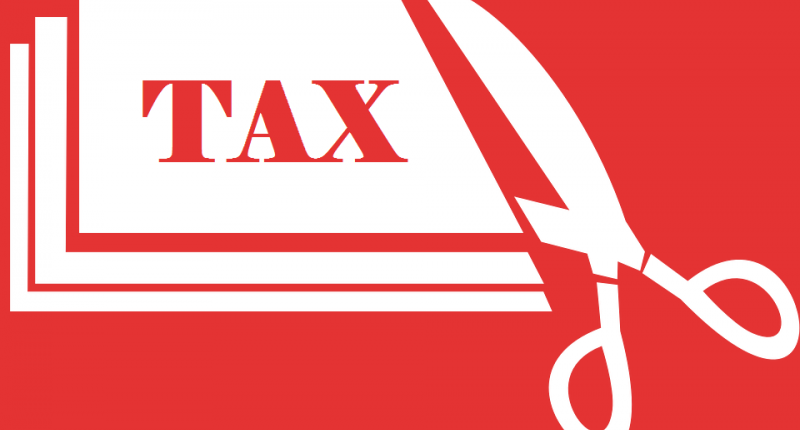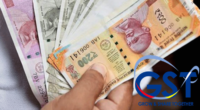A senior officer from the Income Tax Department has disclosed that the government may not reduce the corporate tax to 25% from 30% for large enterprises. Though this was assured by the Union Budget 2016, they were unable to implement the changes because of the revenue limitations.
The Central Board of Direct Taxes (CBDT) member, Mr Akhilesh Ranjan (who was recently appointed as head of task force in charge of the new draft of the direct tax code), has much to say on this. According to him, it would be impossible without some mechanism in place to curb tax evasion.
Steps taken by the US or the European Union (EU) countries to lower corporate taxes are not reasons enough to expect India to do the same, he said at the event. Every nation can decide on its internal taxation based on its requirements, and cannot follow other nations blindly.
This statement will put an end to any speculation or hope that the new draft of the direct tax code (to be submitted by 28 February 2019) will deduct tax rates for corporates.
Ranjan reiterated that the main focus of the draft will be to remove ambiguities in tax regulations to bring down litigations rather than introducing policy changes.
For small enterprises with up to Rs. 250 crore turnover and manufacturing startups that do not claim tax deductions, the tax rate is 25%. Though the number of corporate taxpayers is more in the 25% bracket, a bulk of the tax revenue collection is from 30% slab businesses.
Currently, there is no way for a 5% cut without causing a dent in the government’s revenue. In short, Ranjan has effectively eliminated the possibility of a tax cut without anti-evasion measures in place.





